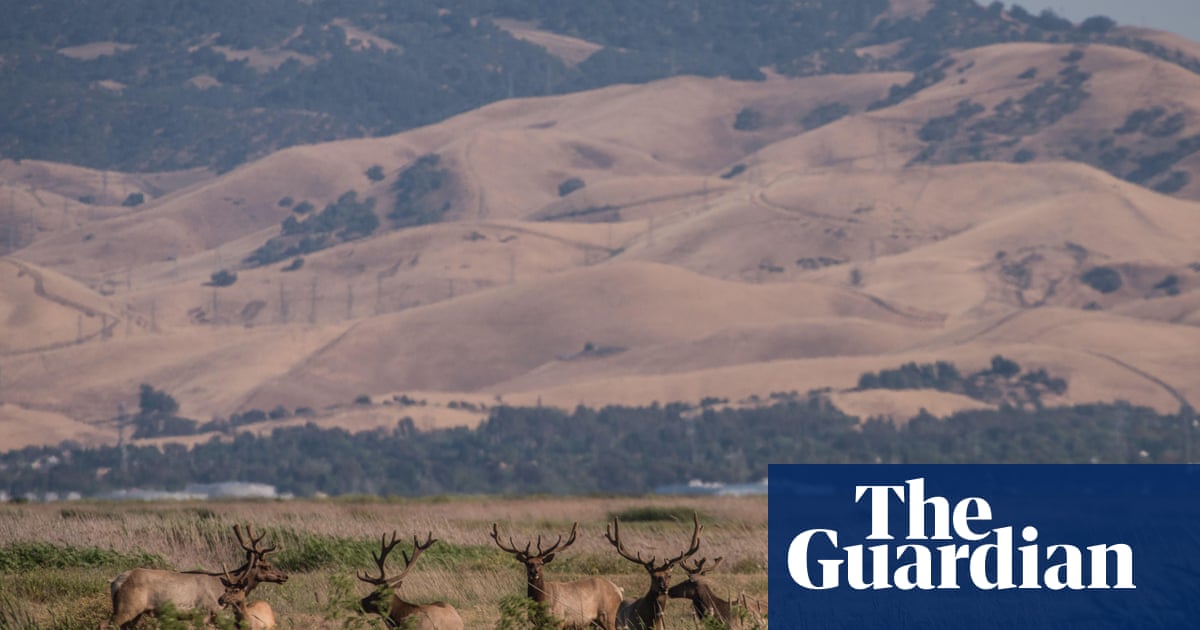Group Flannery Associates, backed by prominent investors, quietly buy 55,000 acres of farmland in northern California
Thoughts on this?
I suppose I like the idea, but I am skeptical it will be executed properly. To some extent, cities need to be able to grow organically and the masterplan needs to be able to accommodate that.
Planned cities are not necessarily a new concept, either. The modernists of the early twentieth century had plenty of ideas for what they thought the city of the future should look like. Le Corbusier, for example, emphasized housing as a “machine for living” and placed such an emphasis on organization and order that one could argue his cities would have been almost lifeless (he hated farmer’s markets and was basically a car supremacist, for example).
Obviously, these guys want to emphasize public transit and walkability which are infinitely better than Corbusier’s car-oriented proposals. I only bring up Corbusier as an example of someone whose vision was so uncompromising that it couldn’t really be adjusted for how other people wanted to live.
@CoffeeAddict the tenants of neoliberalism are the source of everything good in this world.
deleted by creator
Good question! Planned cities always sound great, but very rarely do they actually become anything without some form of organic growth (and I think they are missing this). And even then, the masterplan needs to allow for that.
Cities need a reason to exist beyond being a vanity project for some really, really rich tech bros lol.
deleted by creator
My reading of the article doesn’t suggest it’s a city particularly intended for rich people, or that it’s intended to survive the apocalypse - when rich people want to try that, they buy remote islands and build nuclear bunkers. I think what they’re going for sounds more like a modern version of the garden city movement.
In this case, the ‘utopian’ aspect seems limited to building a city with good public transport (which, outside the US, might not be considered especially utopian!) and clean energy.
Garden Cities of Tomorrow by Ebenezer Howard absolutely comes to mind.
Oddly enough, the Garden City movement was a partial inspiration & justification for American and Canadian suburbs. Poorly executed, of course, and it really is a shame the automotive industry was so effective at lobbying during that same time period becuase they would be so much better executed if they had utilized railroads and streetcars.
It’s gonna be another California City.
For context, look up Emily Guerin’s excellent podcast of the same name.
Call me in 10 years, when (I assume) things have been built.
@petes_bread_eqn_xls @CoffeeAddict I mean maybe or they might actually start having units available in 2 to 3 years and then heat progressively building out over the next 20.







